Subscribe to Our Newsletter
Stay updated with the latest tips and strategies. Get additional discounts and alerts on offers.
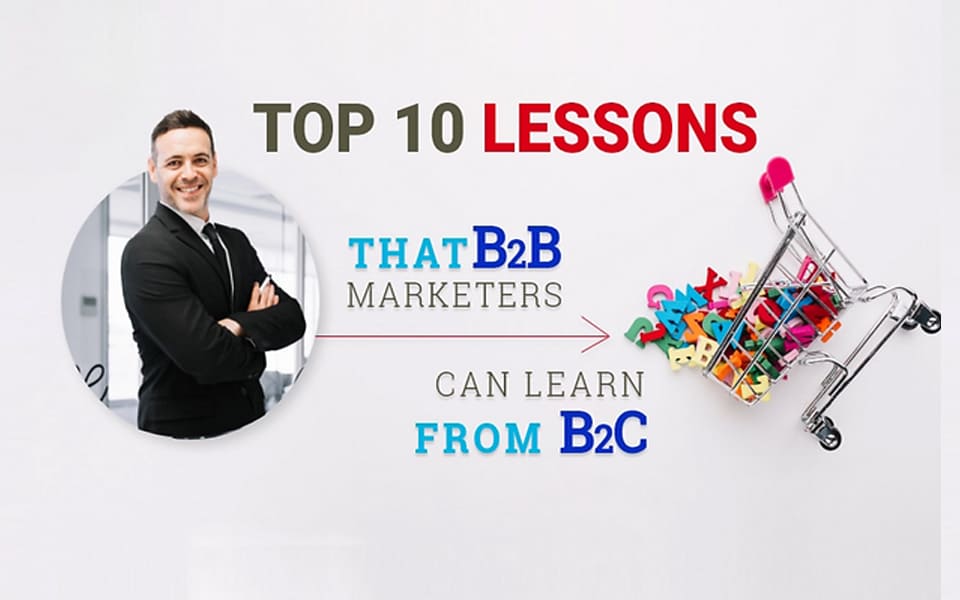
Traditional business knowledge stresses the different nuances that exist when marketing your product, based on whether you are a B2B or a B2C business.
While this holds true to some extent, there are many aspects of B2C marketing that B2B marketers can employ to reap benefits in their sales figures.
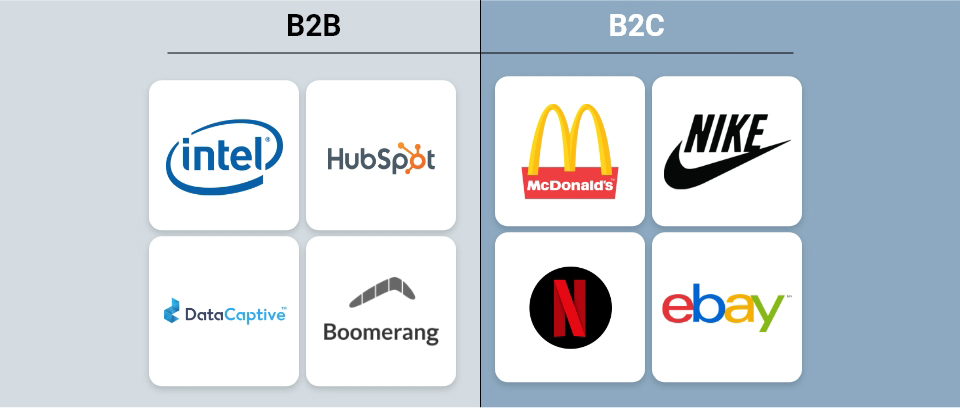
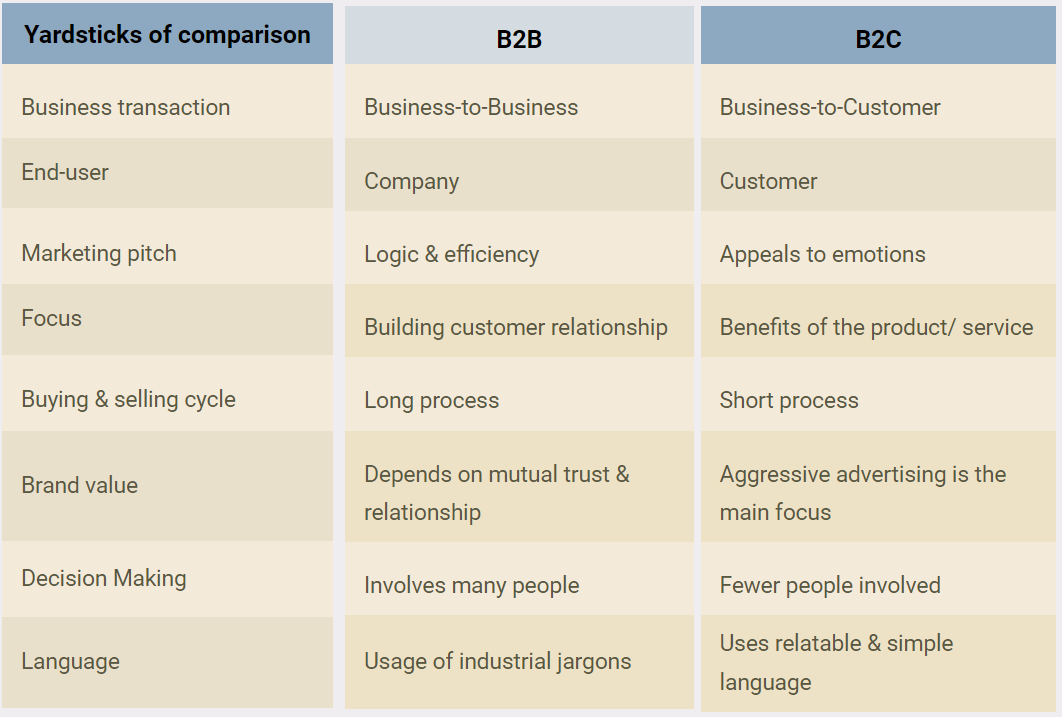
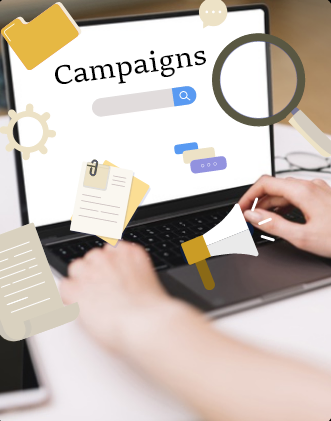
B2B and B2C are entirely different in terms of their approach, focus, and deliverability.B2C focuses on impressing customers with the benefits of the product/services. B2B, on the other hand, aims at building long-term relationships with its clients.
Below are a few tricks of the trade that B2B marketers can adopt from B2C marketers
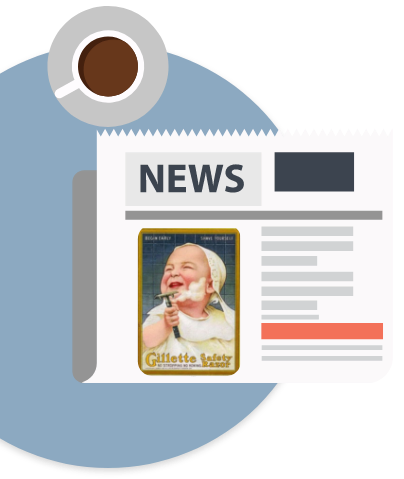
B2C companies like Gillette have been breaking stereotypes with their aggressive and controversial marketing campaigns. This has massively worked in their favor, with almost $8 billion earned in profits.
B2B marketers, similarly, can portray less widespread narratives to help give them the required boost. Marketing messages, above all, must be honest.
B2C marketers often use influences, i.e.- well-known individuals from different demographic regions to promote their product in that region.
Shaquille O’ Neal, for example, is the brand ambassador of Papa John’s pizza.
Introducing well-known faces as part of your campaign can help boost brand awareness and sales figures equally. B2B businesses are increasingly using influencers for their campaigns.
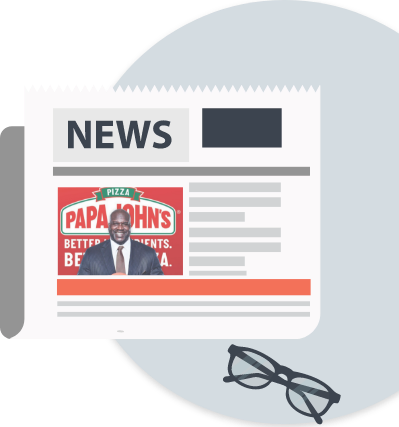
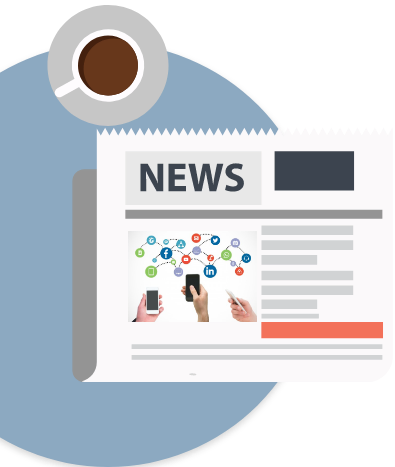
With the exponential growth of the internet and social networking sites, the possibilities are endless for marketers.
B2C marketers have already taken advantage of this vast pool of high-quality leads, with data showing that companies spend much of their marketing budget on online marketing.
B2B companies can benefit largely from this shift in marketing spaces. LinkedIn is the most successful B2B marketing space according to sales figured. Step up your marketing game now.
B2C brands are trendy and have a persona for themselves. There’s more to a company than just the service they provide.
B2B products or services do not stress creating their brand personality, and that’s why it’s hard for any customer to retain the information from any marketing campaign they notice.
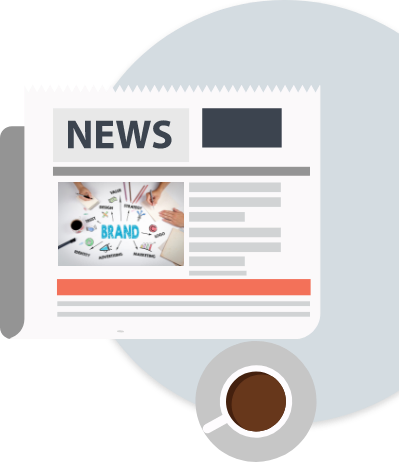
While segmentation is a known process for B2C marketers, B2B marketers are yet to implement it. Segregation in terms of budget, service, and customer type is sure to yield a myriad of benefits.
Segmentation can help add personalization to your marketing funnel. Additionally, you can adapt targeted marketing for prospects based on the data segmented.
Interaction between B2B vendors and their clients is akin to following a pattern or system. It’s a step-by-step process.
Harboring and maintaining meaningful relationships with your clients add value to your business and creates a loyal customer base.
B2B advertisements and emails are very formal, and it is evident that they are system-generated. However, that’s not the case in terms of B2C advertorials and Emails.
Account-Based Marketing or ABM is a product of segmentation that fills that lack of personal touch in the B2B arena. Through personalized emails, you can show your customers that they are essential to you and your business. This establishes that your consumers are a valued asset to your company.
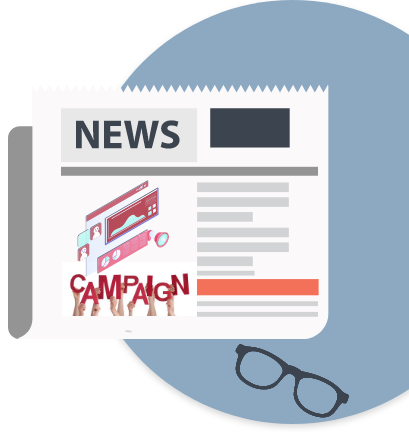

B2B vendors often search for clients based on their products and services rather than catering to customers’ needs. In order to achieve optimum targets, it is essential to understand market demands equally well.
It is thus necessary to analyze the demand and align your marketing strategies according to it. Researching and understanding your clients’ requirements aids in providing services that fit their needs.
Customers of the B2C industry receive pop-ups and emails concerning different products soon after the sale of a product or service. However, this is not the case with B2B vendors. It takes months before the customer receives emails from B2B marketers regarding their other products.
With this considerable time gap between the cross-selling and up-selling pop-ups in B2B, the likelihood of customer retention is reduced.
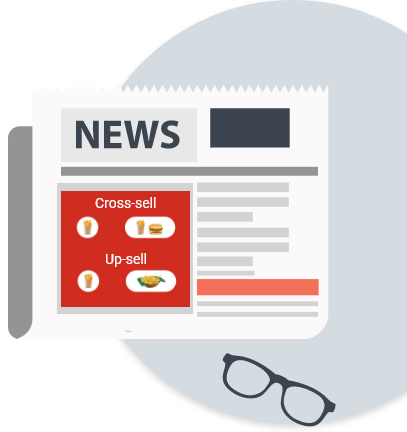
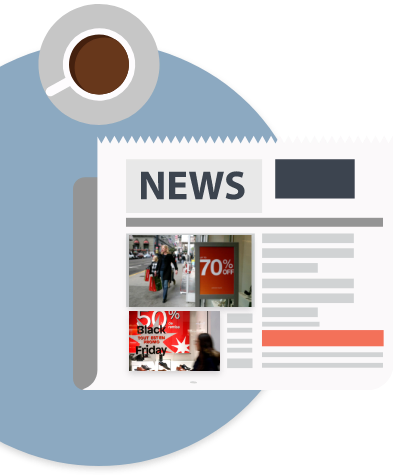
People like to bargain and get exclusive discounts. The Research was conducted in the field of consumer psychology to understand the behavior of consumers on bargaining and availing discounts.
The study showed that purchase rates are high when there is space for a consumer to haggle the prices.
While this technique is widely used in the B2C arena, it is unheard of in the B2B marketplace. The flexibility in pricing appeals to the audience and almost always guarantees a conversion.
There is an urgent necessity for B2B vendors to tap into the emotional quotient of their customers to seal more profitable deals. Paying a little more attention to your customers and their consumer behavior can take your company to the pinnacle of success.
Show Some Love!

Subscribe to Our Newsletter
Stay updated with the latest tips and strategies. Get additional discounts and alerts on offers.
Related Articles
Subscribe to Newsletter
Stay up to date with the latest marketing, sales, and service tips and news.
